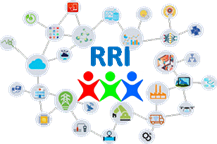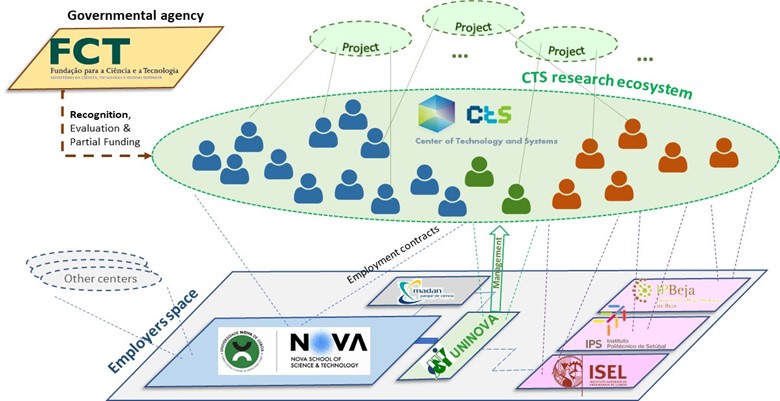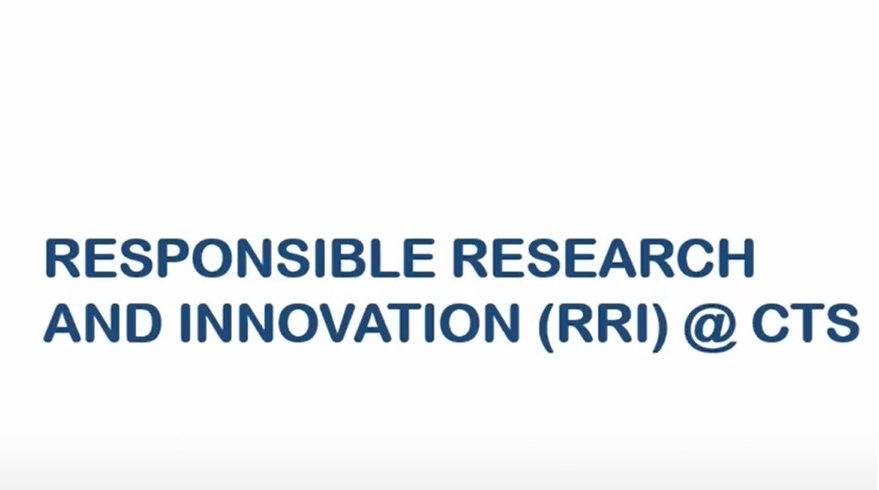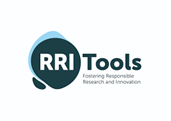
Adopted Principles
Research Ethics
CTS is committed to perform its activities under the widely accepted principles of Research Ethics and Responsible Research. To prevent misconduct and bad practices, the “European Charter for Researchers” is followed, namely along the principles and recommendations regarding:
- Research Freedom
- Ethical Principles
- Professional Responsibility
- Professional Attitude
- Contractual and Legal Obligations
- Accountability
- Good Practices in Research
- Dissemination and Exploitation of Results
- Public Engagement
- Relationship with Supervisors
- Supervision and Managerial Duties
- Continuing Professional Development
Furthermore, the IEEE Code of Ethics is amply disseminated among researchers.
A large number of research projects conducted by CTS do not involve any specific issues besides the general principles of Research Ethics. Nevertheless, in some areas to which CTS contributes e.g.
- Health-related projects
- Elderly care projects
- Energy management involving consumer data
- etc.
there are specific issues, namely of privacy, informed consent, and others, which typically are explicitly enforced by the funding organizations and to which CTS is committed. These issues are identified and addressed in each specific project.
In special cases of collaboration with industry in which “non-disclosure agreements” are signed, CTS commits to respect the corresponding embargo clauses.
Authorship rules
A particular concern with avoidance of “honorary authorship” of publications or the formation of “co-author clubs” and similar deviating practices led to the adoption of the rules of IEEE for authorship:
“CTS considers individuals who meet all of the following criteria to be authors:
1. Made a significant intellectual contribution to the theoretical development, system or experimental design, prototype development, and/or the analysis and interpretation of data associated with the work contained in the article.
2. Contributed to drafting the article or reviewing and/or revising it for intellectual content.
3. Approved the final version of the article as accepted for publication, including references.
Contributors who do not meet all of the above criteria may be included in the Acknowledgment section of the article. Omitting an author who contributed to an article or including a person who did not fulfill all of the above requirements is considered a breach of publishing ethics.”
A continuous effort to improve these practices and make all researchers aware of them are on top of the agenda.
Multiple RRI spaces
CTS is a kind of research ecosystem including researchers that have an employment contract with one of the following entities: NOVA School of Science and Technology (a faculty of the NOVA University of Lisbon, to which most members are linked), ISEL/Polytechnic Institute of Lisbon, Polytechnic Institute of Setubal, and Polytechnic Institute of Beja.

As such, each researcher is subject to various “RRI spaces”:
(A) Employer’s RRI space: first, he/she must comply with the ethical code and other RRI principles of the employer.
(B) CTS RRI space: then he/she needs to comply with RRI principles of the CTS research ecosystem.
(C) Projects’ RRI space: each time a researcher is involved in a project, he/she needs to comply with the RRI principles defined by the funding agency for that specific project.
(D) Scientific society code of ethics: finally, most researchers are members of international and national scientific and technical societies (e.g., IEEE, IFIP, IFAC, Socolnet, National Engineers Association) and, as such, need to comply with the code of ethics of such associations.
Specific Training
Specific training on RRI issues to Early-Stage Researchers and PhD students and an effort to keep all researchers aware of RRI principles are pursued.
Specifically, regarding training of PhD students, a specific unit of Research Ethics is included in the training on Scientific Research Methods and Techniques.
The annual doctoral conference ( DoCEIS - Advanced Doctoral Conference on Computing, Electrical and Industrial Systems) organized with the support of CTS often includes lectures on Research Ethics.
Task Force on RRI
- Luis Camarinha-Matos (Coordinator)
- Ana Inês Oliveira
- Filipa Ferrada
- Pedro Pereira
- Luis Oliveira
Seminar

Responsible Research Innovation @ CTS
Documents
- Gender and Inclusion Equality Plan 
- Code of Ethics and Good Practices in Research and Innovation 
Further information sources

Ethna System
H2020 project on Ethics Governance System for RRI in Higher Education, Funding and Research Centres.
CTS – UNINOVA is partner in this project.

RRI Tools
A portal including a comprehensive set of information and tools on RRI. It also provides guidelines on how to put RRI into practice.




